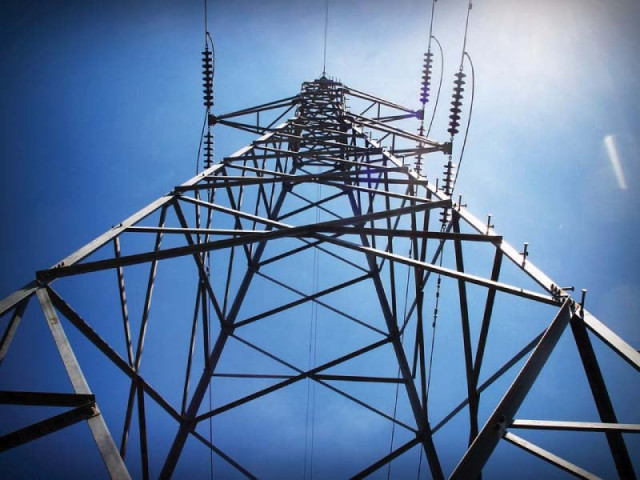Losses of distribution companies go beyond set limit
PEPCO seeks proposals to rein in runaway losses at 11kv feeders

Proposals should include but not be limited to the option of outsourcing billing and collection in areas covered by 11kv feeders. PHOTO: FILE
The directive came in the wake of loss of a significant volume of energy beyond permissible limit over the past five months at 11-kilovolt feeders of all 10 power distribution companies.
Feeders numbering 745 recorded 50% and above losses in November 2017 which resulted in a loss of 250.71 million kilowatt-hours (units). Similar losses were noted from July to November 2017 on 1,241 feeders - except for those of Islamabad Electricity Supply Company - which caused a loss of 2,233.67 million units of electricity, revealed a progress report.
Among the worst-performing distribution companies, Peshawar Electric Supply Company lost 141.85 million units in Khyber-Pakhtunkhwa, Quetta Electric Supply Company lost 37.37 million units in Balochistan, Sukkur Electric Power Company lost 20.01 million units in Sindh and Lahore Electric Supply Company lost 16.64 million units in Punjab in November 2017 alone.
In a statement, the Pepco management called the losses a perpetual drain on power sector’s finances and reflected poor performance and inefficiency of the distribution companies.
Pepco Managing Director Musaddiq Ahmed Khan directed CEOs of the distribution companies that their proposals should include but not limited to the option of outsourcing billing and collection in areas covered by the above feeders. “The proposals should be placed before the respective board of directors of distribution companies for consideration, decision and implementation,” he suggested.
The managing director emphasised that the progress of distribution companies would be monitored in monthly review meetings and failure of any company to bring reasonable improvements may invite extreme measures under applicable rules and laws including the Efficiency and Discipline Rules 1978, Electricity Act and NAB Ordinance.
Published in The Express Tribune, January 9th, 2018.
Like Business on Facebook, follow @TribuneBiz on Twitter to stay informed and join in the conversation.


















COMMENTS
Comments are moderated and generally will be posted if they are on-topic and not abusive.
For more information, please see our Comments FAQ